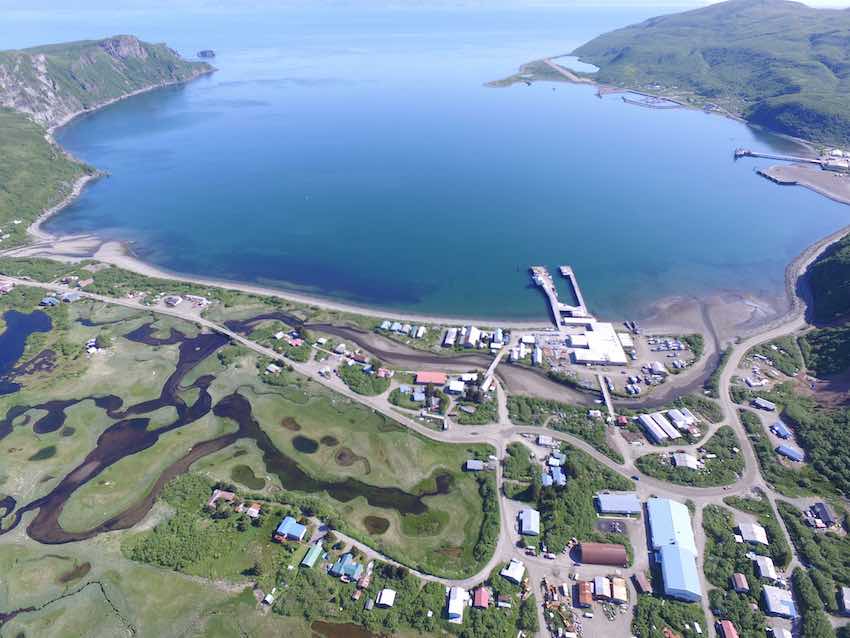
UTEP Scientists to Study Climate Change Impacts in Alaska
Research to help communities adapt to natural disasters
EL PASO, Texas (October 11, 2023) – The University of Texas at El Paso is part of a groundbreaking grant awarded by the National Science Foundation (NSF) to study climate change impacts and adaption in western Alaska. The region is experiencing increasing flooding and coastal erosion, permafrost thaw, loss of sea ice and other hazards, according to scientists.

The research team will work out of largely isolated coastal communities in the Bering Strait region, where rates of climate warming are four times that of the global mean, said co-principal investigator and UTEP Professor Craig Tweedie, Ph.D., who is a member of the Department of Biological Sciences.
“We’re building on a legacy of arctic research done at UTEP that has afforded students the opportunity to study climate change impact and adaptation alongside global leaders,” Tweedie said.
The grant, formally known as AC3TION – short for the Alaska Coastal Cooperative for Co-producing Transformative Ideas and Opportunities in the North – is a $13.9 million funded program spearheaded by the University of Alaska Fairbanks. Other partners include Arizona State University, the University of Northern Iowa and rural coastal communities in Alaska.
Tweedie, who also directs UTEP’s Environmental Science and Engineering program, will lead a team to design web-based mapping and information systems that host layers of data related to the region’s geography, oceanography and socioecological footprint. Local communities, researchers and federal agencies will be able to access these systems to enhance decision making and develop action plans for natural disasters.
“Our goal is to create knowledge that is transferable to other at-risk and underserved communities and leave a lasting positive impact that improves the capacity of communities to adapt,” Tweedie said.
A key differentiator of this grant is its inclusiveness of local communities. Traditionally, Tweedie said, the knowledge gathered from research conducted in Alaska has rarely acknowledged native communities as equal research partners. For this project, members of the community will play a leading role in deciding what the important research questions are and how to provide solutions that are culturally responsive.
“The emphasis of this project’s research is going to be led by the local communities, with locally gathered data collection, and that’s what drives effective and trusted community solutions,” said George Anderson, president of the Chignik Intertribal Coalition, which is located in Alaska. “We need locally verifiable research to survive climate change because the old approaches are no longer reliable.”
About The University of Texas at El Paso
The University of Texas at El Paso is America’s leading Hispanic-serving university. Located at the westernmost tip of Texas, where three states and two countries converge along the Rio Grande, 84% of our 24,000 students are Hispanic, and more than half are the first in their families to go to college. UTEP offers 171 bachelor’s, master’s and doctoral degree programs at the only open-access, top-tier research university in America.
Last Updated on October 11, 2023 at 12:00 AM | Originally published October 11, 2023
By Research to help communities adapt to natural disasters UTEP Marketing and Communications
